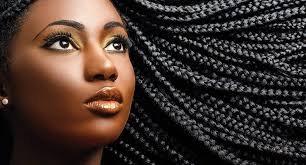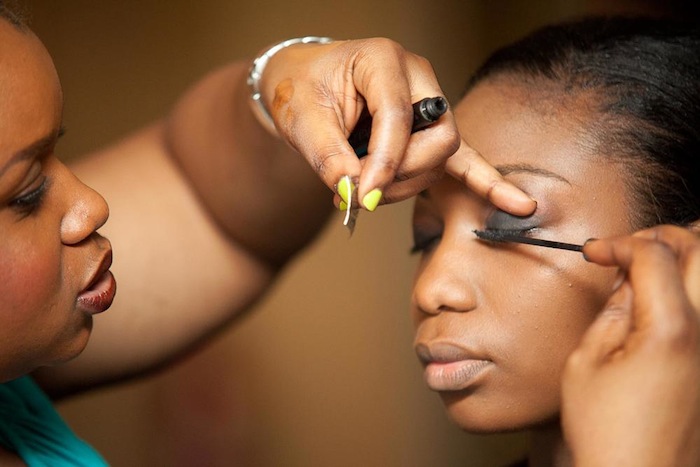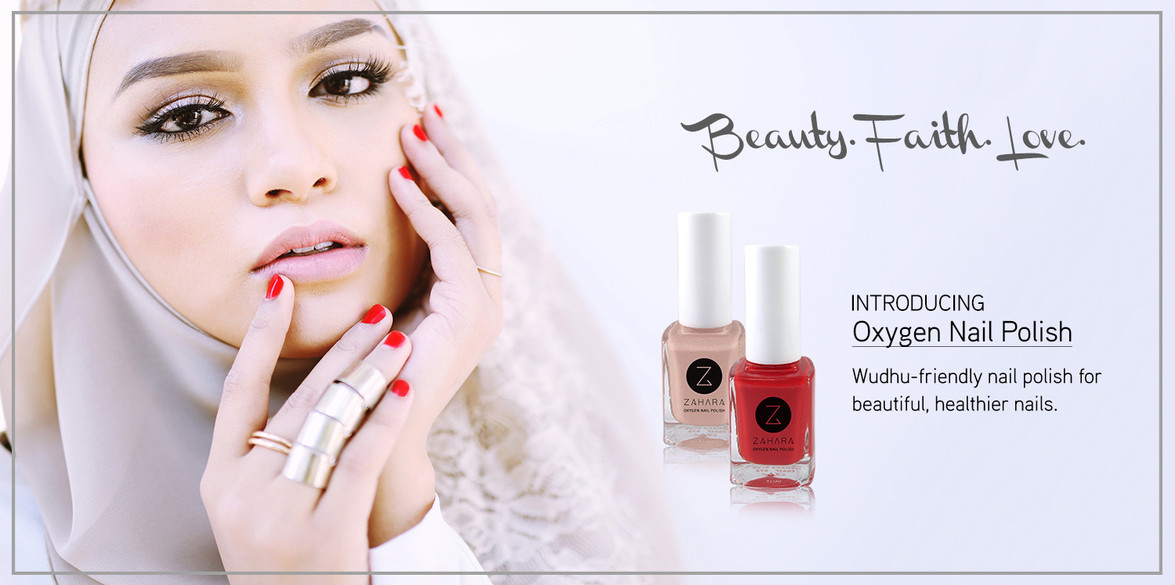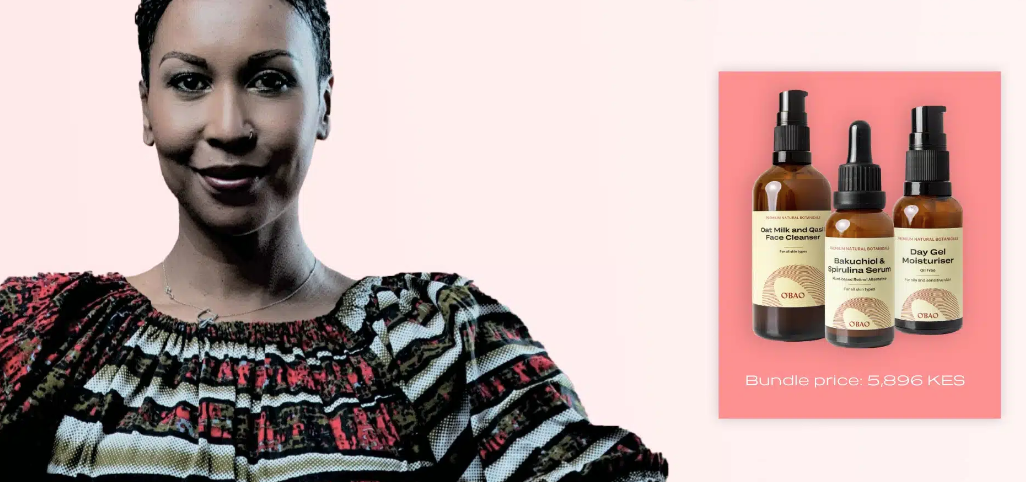Cosmetics Market in Africa Undergoing Transformation
The cosmetics market and beauty products market in African is poised for unprecedented growth. African consumers have long been asking for products adapted to their hair, skin and body specificities. Africa remains a largely untapped market where consumers are screaming out for quality products adapted to their specific needs. For example, African skin requires darker shades than make-up lines traditionally offer.
Make-up also needs to be more resistant to heat. Different needs also exist in terms of skin care, as anti-ageing products for African consumers primarily aims 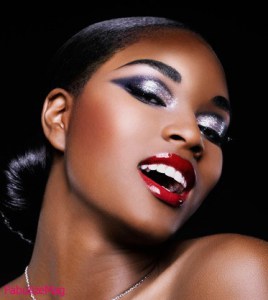 at tackling dark spots and uneven complexion, whereas anti-ageing products for Western women aims at tackling wrinkles first.
at tackling dark spots and uneven complexion, whereas anti-ageing products for Western women aims at tackling wrinkles first.
And in terms of hair care, matters become more complicated since African hair strongly differ from Caucasian or Asian hair but also varies from one country to another. It is a well known fact that the biggest challenge for many African women is combing their hair – which itself can be painful at times.
Knowing such differences, it is easily understandable that African consumers, and especially women, pay strong attention to Africa-specific products. Product tailoring is the key to winning the African battle…provided the products remain affordable. Therefore, Cost and R&D competitiveness are critical in the beauty sector in East Africa.
The African Market
Africa has 54 countries; including the addition of the South Sudan in 2011. In 2023, the urban population was estimated at 550 million inhabitants, or 43% of the total African population; making Africa more urbanised than India. It is estimated that by 2030, more Africans will be residing in urban areas for the first time in the continent’s history and this number is projected to grow to 1.2 billion; that amount to almost 60 per cent of the total population of Africa. Africa has 52 cities with more than one million inhabitants and is expected to grow to 75 cities in the near future.
Experts believe that if the infrastructure expenditure grows in the coming years, the cosmetic market growth rate will also be improved due to the benefits that an improved infrastructure provides. The increase in growth rate can lead to further improvements in the infrastructure due to the immense amount of money generated from this sector of the economy.
The African market is expected to be in virtual circle where an increase in infrastructure spending will lead to an increase in the market growth rate, which in turn, will benefit the cosmetic industry.
However, customs procedures are still a lengthy process. A trade-facilitation programme that would cut the time needed to comply with customs procedures at port by 50 per cent would generate an extra $15 billion annually in GDP for sub-Saharan Africa alone.
Market Segmentation & Brand Awareness
While the growth of the cosmetics goods market is highly correlated with macroeconomic indicators such as real GDP growth and disposable income, a key impediment to cosmetics brands’ successful expansion into Africa is a failure to recognise the vast differences in consumer preferences between these high-growth countries. Africa does not constitute a single economy, and vast cultural and religious differentiation does not allow cosmetic firms to blindly use one African country’s product penetration strategy as a blueprint for expansion into the entire region.
.jpg) Correctly estimating the maturity phase of the target country is pivotal to commercial success, as different product categories see peak demand at different moments of the maturity cycle, ranging typically from the lowest to highest price points.
Correctly estimating the maturity phase of the target country is pivotal to commercial success, as different product categories see peak demand at different moments of the maturity cycle, ranging typically from the lowest to highest price points.
Gender differentiation is also a key factor to consider: male income continues to outpace their female counterparts’ earnings trajectory, which presents opportunities in the sector of men’s grooming products. Not surprisingly then, men’s grooming is fast emerging as one of the fastest growing sectors in East Africa’s beauty and personal care industry.




